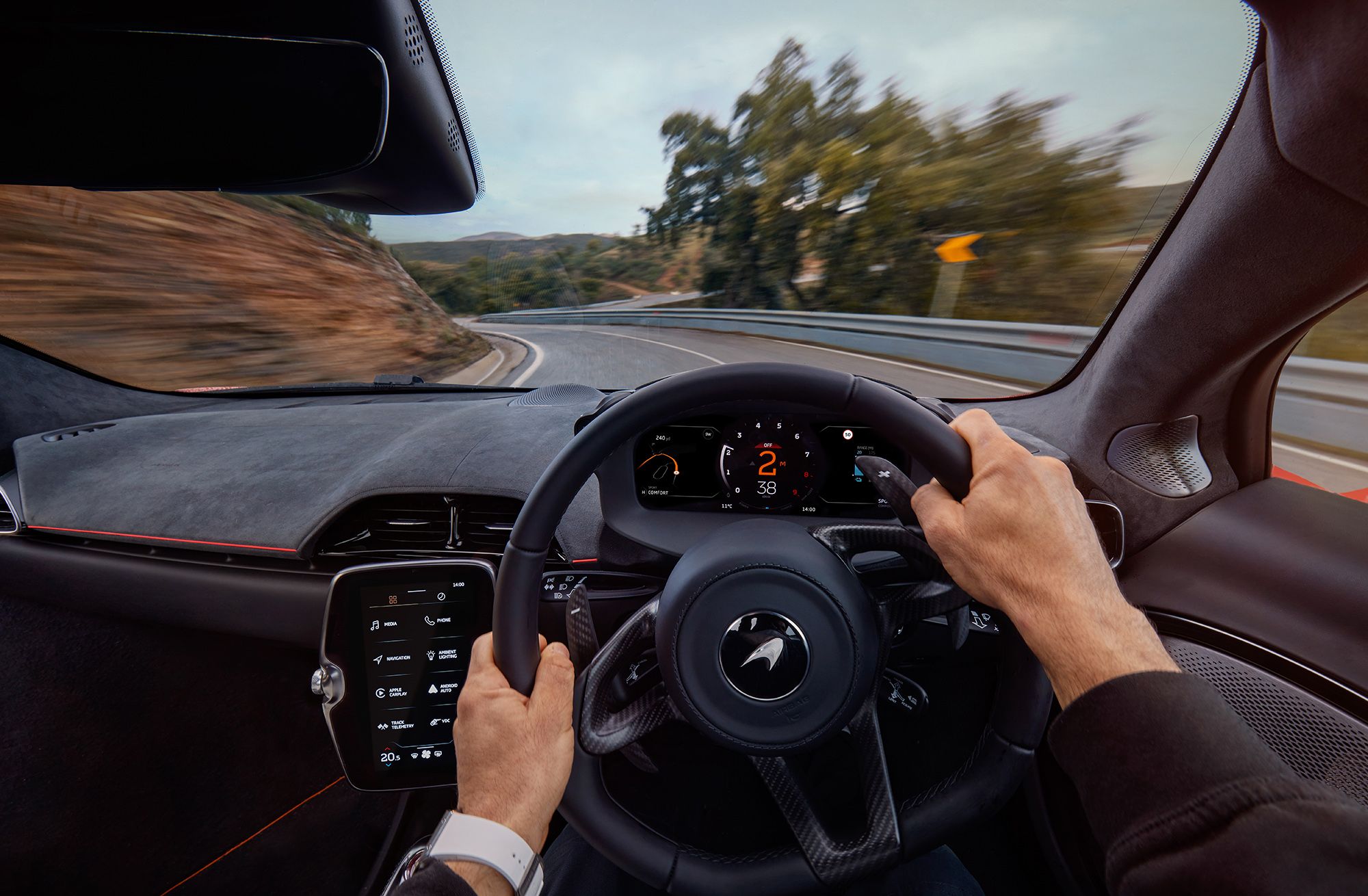In the ever-evolving landscape of automotive technology, the shift towards electric power steering has revolutionized the driving experience. This article delves into the intricacies of “Cars With Electric Power Steering,” unraveling the benefits, technology behind it, and the impact on the overall driving dynamics. Buckle up as we navigate through the realm of effortless control and enhanced maneuverability.
Introduction: Steering into the Future with Electric Precision
As automotive innovation continues to surge forward, the adoption of electric power steering (EPS) has become a defining feature in modern vehicles. Gone are the days of the traditional hydraulic power steering; instead, “Cars With Electric Power Steering” have taken center stage, offering drivers a seamless blend of precision, efficiency, and a newfound level of driving comfort.
The Technological Marvel of Cars With Electric Power Steering
Understanding Electric Power Steering
Electric Power Steering, as the name suggests, replaces the traditional hydraulic power assistance with an electric motor. This motor is connected to the steering column and provides the necessary assistance based on the driver’s input and the vehicle’s speed. Unlike hydraulic systems that rely on a pump, fluid, and various mechanical components, EPS is more streamlined, efficient, and responsive.
Benefits of Electric Power Steering
- Fuel Efficiency: One of the primary advantages of EPS is its contribution to fuel efficiency. Unlike hydraulic systems that operate continuously, electric power steering only consumes energy when assistance is needed. This on-demand functionality translates to less strain on the engine, resulting in improved fuel economy.
- Maneuverability: Cars with electric power steering boast enhanced maneuverability. The system adjusts the level of assistance based on the driving conditions, providing lighter steering at low speeds for parking and tighter turns, and gradually increasing resistance at higher speeds for stability and control.
- Adaptive Assistance: Electric power steering is inherently adaptable. It can be programmed to offer different levels of assistance depending on the driving mode selected. Whether it’s a comfortable cruise or a sportier performance, EPS adjusts to suit the driver’s preferences and the vehicle’s characteristics.
Read too: Unlock Savings with San Joaquin Electric Car Rebate – A Green Drive Towards Affordability
Driving Dynamics Redefined: The Impact of Electric Power Steering
Responsive and Precise Control
One of the standout features of cars with electric power steering is the level of precision it brings to the driver’s control. The system’s responsiveness ensures an immediate connection between the driver’s input and the vehicle’s movement, creating a more engaging and intuitive driving experience.
Dynamic Adjustability for Varied Conditions
Electric power steering systems are designed to adapt to various driving conditions. In urban settings, the lighter steering at low speeds simplifies parking and maneuvering through traffic. On the open road, the system adjusts to provide a more substantial feel, enhancing stability during highway cruising.
The Evolution of Steering Technology: From Hydraulic to Electric
Hydraulic vs. Electric Power Steering
The transition from hydraulic to electric power steering represents a significant leap in steering technology. Hydraulic systems, while effective, come with inherent complexities, maintenance requirements, and a constant demand on the engine. Electric power steering eliminates these drawbacks, offering a more efficient, adaptable, and low-maintenance alternative.
Integration with Advanced Driver Assistance Systems
Cars with electric power steering often integrate seamlessly with advanced driver assistance systems (ADAS). This synergy enhances safety features such as lane-keeping assistance, collision avoidance, and semi-autonomous driving capabilities. The precise control afforded by EPS becomes a critical component in the overall effectiveness of these safety technologies.
Conclusion: Steering Towards a Smoother Drive
In conclusion, “Cars With Electric Power Steering” represent a pivotal evolution in automotive technology. The seamless blend of efficiency, adaptability, and precision has redefined the driving experience. As manufacturers continue to prioritize electric power steering in their vehicle models, drivers can expect a future where the joy of driving is complemented by effortless control and enhanced maneuverability.
